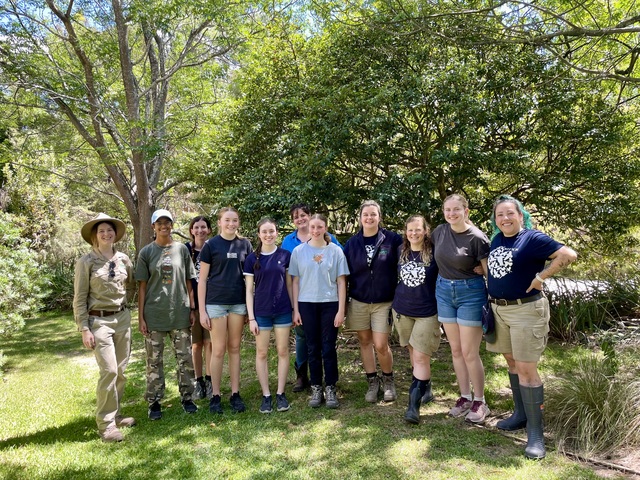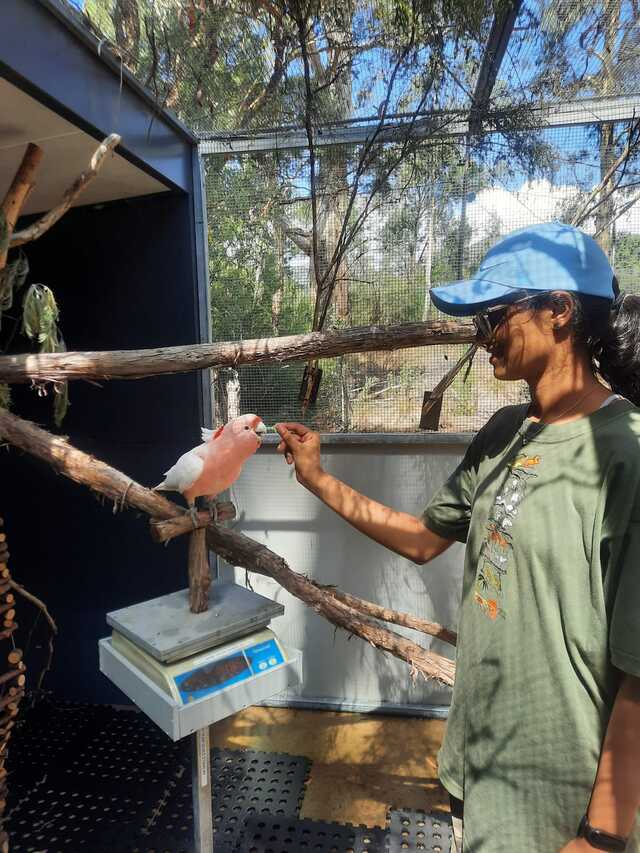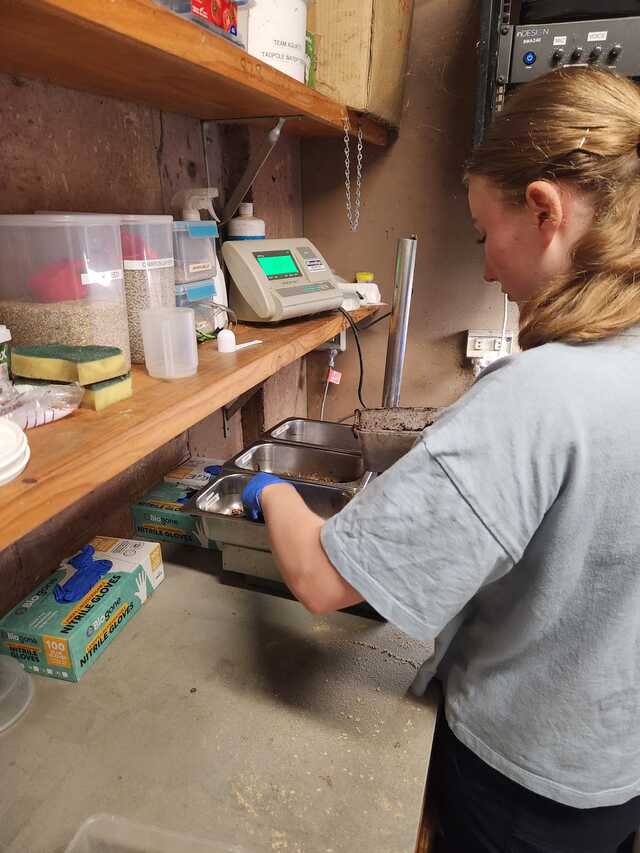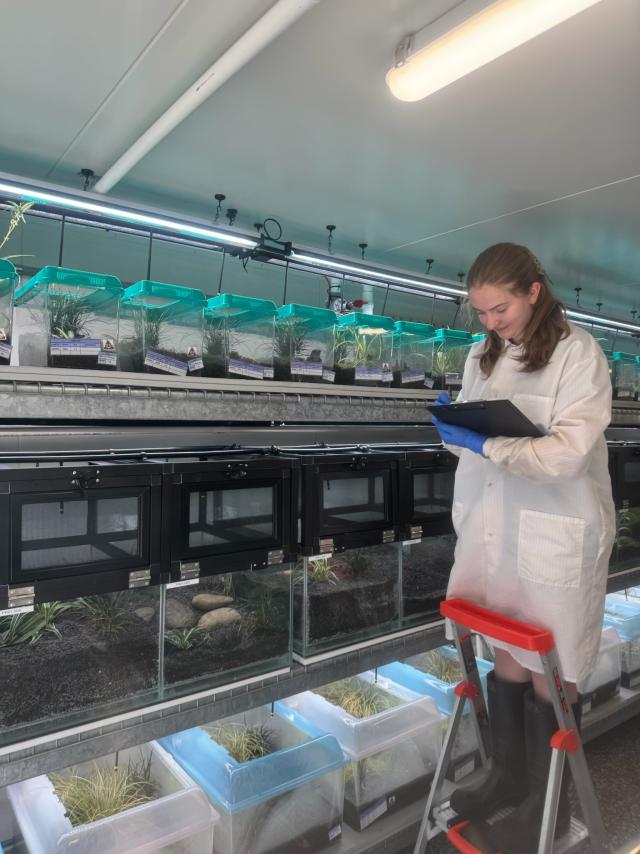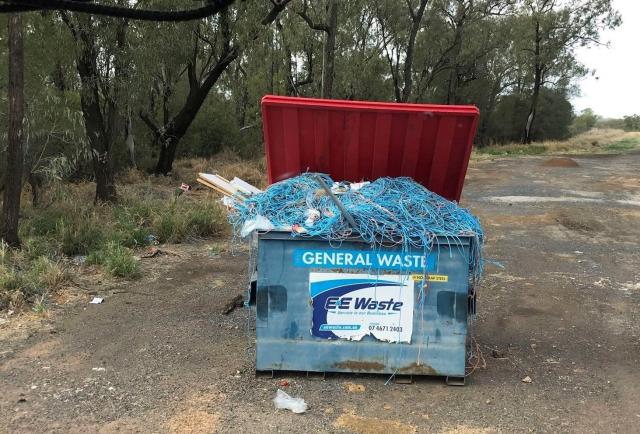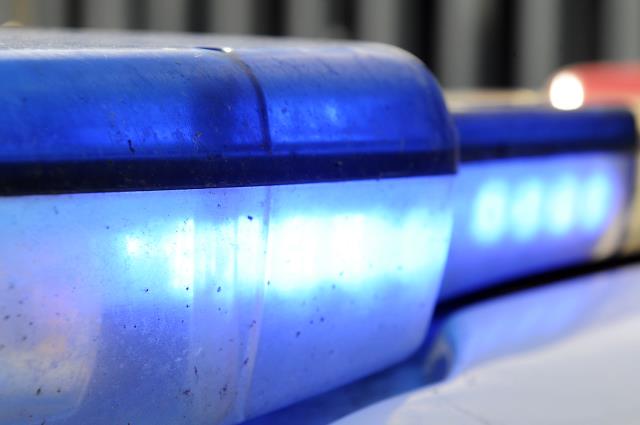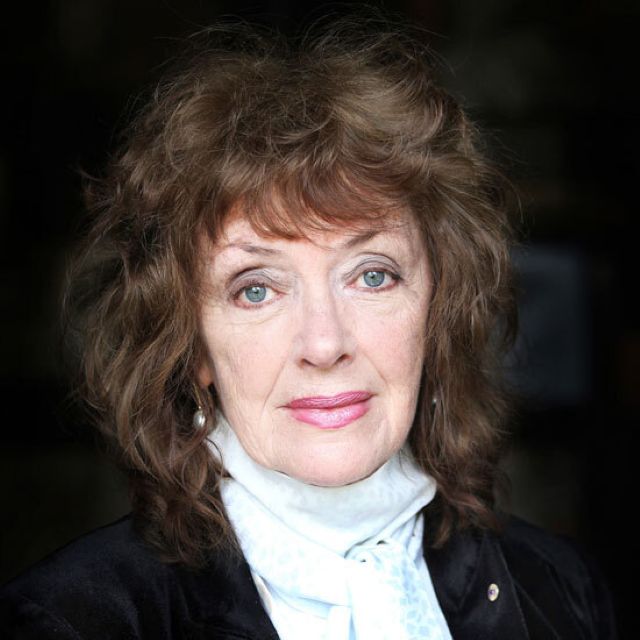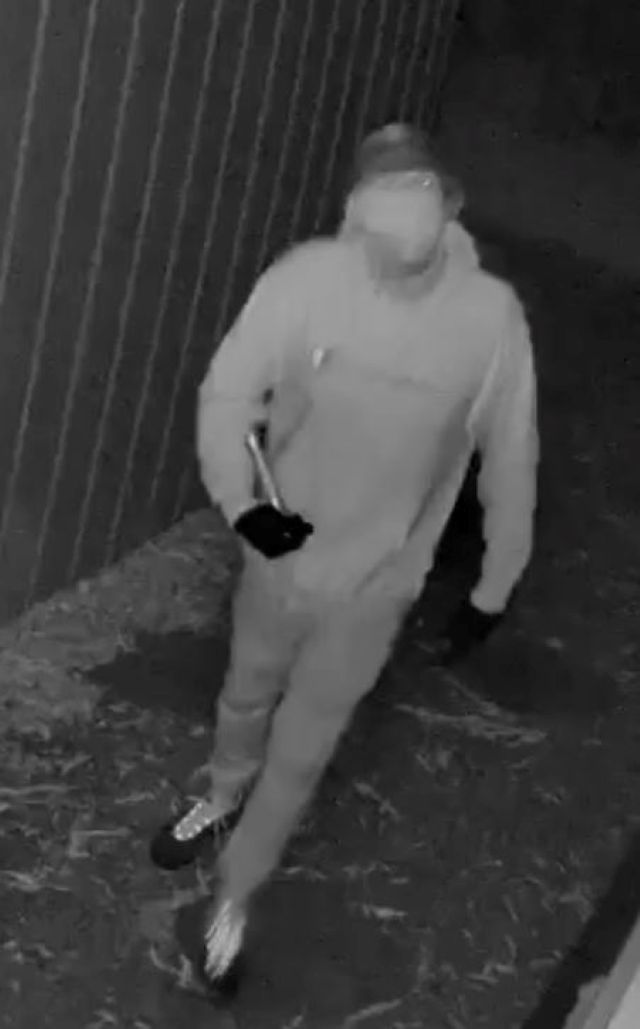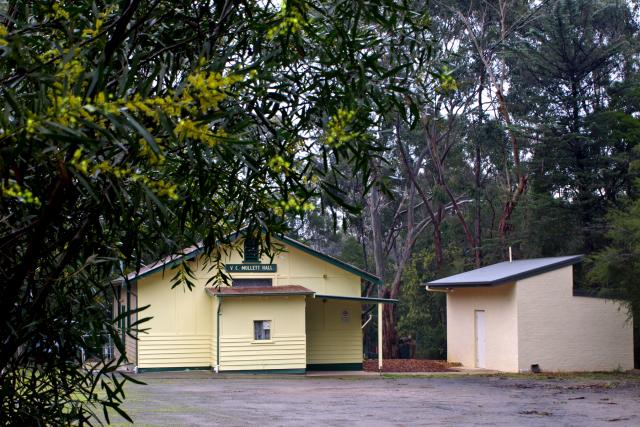Healesville Sanctuary welcomed five girls who came to visit to learn about opportunities for women at the zoo.
This year marked the 10th anniversary of International Day of Women and Girls in Science on 11 February.
To celebrate this special day, the local zoo invited five members of the Zoos Victoria Youth Advisory Committee (YAC) to give behind-the-scenes experiences at Healesville Sanctuary.
Chloe, Gracelyn, Méabh, Ruby and Zoe were chosen based on their strong interest in conservation and their curiosity about the role of a zookeeper.
Zoos Victoria education innovation leader Cheryl Laks said the students worked alongside specialist keepers at Healesville Sanctuary, assisting with animal feeding, habitat maintenance, and observing animal procedures and gaining a first-hand understanding of how science is applied in everyday operations, throughout the day.
“The experience not only allowed them to explore potential career pathways but also strengthened their ability to represent young voices in conservation through their work with the YAC,” she said.
“The selected students bring a diverse range of experiences and passions to the committee, from leading school conservation initiatives and advocating for environmental change, to inspiring their peers to take action for wildlife.
“Their participation in this initiative reflects Zoos Victoria’s commitment to youth engagement and education, ensuring the next generation is actively involved in shaping the future of conservation.”
Five mentors volunteered their time to introduce their jobs and how each role is integrated into the science; amphibian keeper Meg Lane, helmeted honeyeater keeper Monique Winterhoff, bird keeper Sarah Carter, veterinarian Dr Chloe Steventon and platypus specialist Dr Jessica Thomas.
Dr Thomas said science is a big part of almost everything they do.
“In the Life Sciences department, there’s some more typical roles like the veterinary department where it is all about diagnosis and treatment, which has a very strong science background,” she said.
“All our threatened species programs have a very strong research component, ranging from genetics and mate selection through to dietary analysis and even breeding outcomes. The display rounds do data collection so that we can learn, grow and improve how we care for many species.
“There is so much we don’t know about basic biology, and we have a wonderful opportunity here to study some of their behaviours and advance science in a way that we can’t from studying wild animals.”
Zoos Victoria is inviting students in year 9 and 10 with leadership potential to apply for its Youth Conservation Leaders Program.
Students will develop leadership skills through a real-life conservation initiative for the Leadbeater’s Possum; participate in field science, including overnight stays and night-spotting in protected areas around the Healesville area; gain valuable experience in wildlife conservation, communication and project management; work with Zoos Victoria mentors to lead a community project with real impact.
Dr Thomas encourages young girls or women wanting a science-based career to follow their dreams.
She said it could be such a rewarding career.
“One of the reasons I was very passionate about (International Day of Women and Girls in Science) is because it’s all about women, supporting other women. Not competing with them, but lifting each other up, and really being that supportive base for each other,” Dr Thomas said.
“What I like most about today is that for those of us that have been through it and now have our careers established, it’s a way that we can support the next generation coming through, and hopefully, provide some opportunities that we would have loved to have had when we were their age.”
Youth Conservation Leaders Program 2025 applications close on Tuesday 11 March.
Find out more and apply here at zoo.org.au/melbourne/whats-on/events/youth-conservation-leaders

